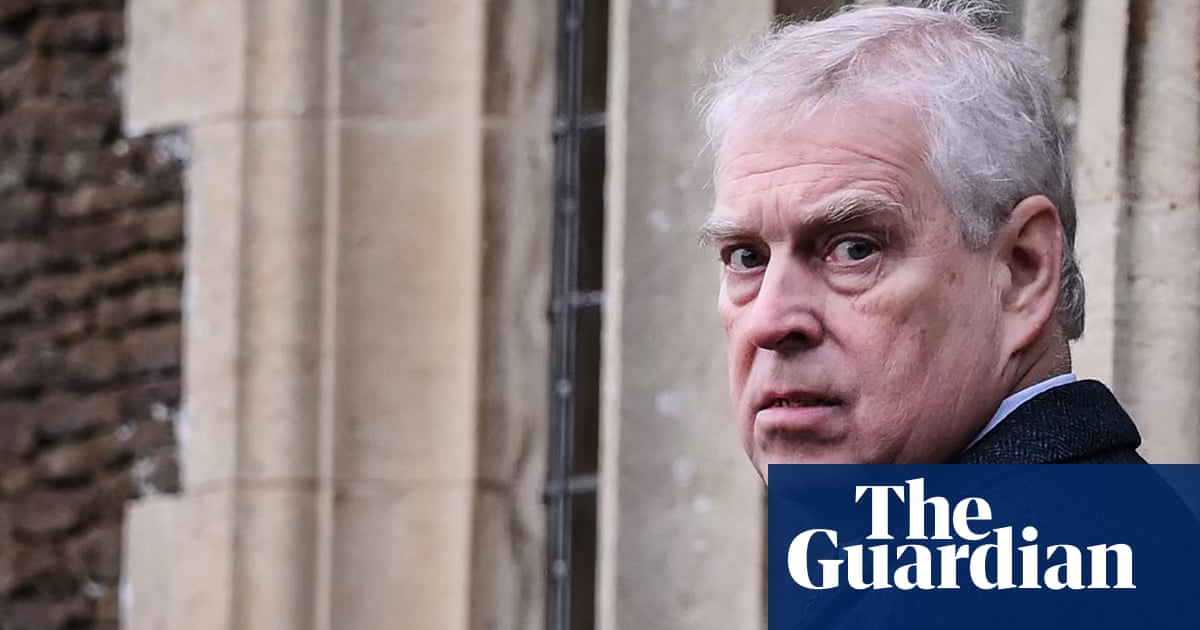
Aday after Canada’s prime minister announced a dramatic escalation in his government’s fight against blockades across the country, protesters in the nation’s capital were scheduling haircuts and receiving massages, apparently unfazed by the prospect of ramped-up police enforcement.
Hundreds of semi-trucks which have been parked out front of Canada’s parliament since late January have become emblematic of the protests, but planning and logistics for the occupation is run from a second site in a hotel parking lot on Coventry Road, 5km east of the downtown area.
Sandwiched between a baseball diamond and a detachment of the Royal Canadian Mounted Police, the encampment offers meals, shelter, warm clothes and restrooms for the protesters. It also has barber services and two saunas.
Jeff, a retired trucker who arrived in Ottawa 17 days ago, said a shared sense of purpose has only increased the protesters’ resolve. “There’s a sense of unity here – and I think it’s only increased since yesterday. When you’ve seen the light, it’s hard to [go] back to the dark.”
Justin Trudeau announced on Monday he would invoke the Emergencies Act, granting the government broad powers as it seeks to dismantle a three-week old blockade that has paralysed Ottawa.
Protesters also blocked the Ambassador Bridge, the busiest crossing between the US-Canada, for six days before police dispersed them on Sunday. Three other border crossings reopened on Tuesday.
And on Tuesday, in a tacit acknowledgement that the barricades in the capital were becoming increasingly entrenched, the Ottawa police chief, Peter Sloly, stepped down.
Meanwhile, camp residents were holding an “open-mic” event to share their stories.
“Everyone here had a story of loss, or tragedy,” said Jeff. “So many people have suffered in these last few years. They’ve lost jobs, they’ve lost homes, they’ve lost family. That’s why they’re here.”
The high level of organization – with delegated roles and a growing cadre of volunteers – reflects protesters’ intentions to remain in the city for the foreseeable future, despite opposition from local residents and the increasing exasperation of city, provincial and federal governments.
The emergency legislation includes measures intended to put immense pressure on protesters, including the possibility of losing their commercial vehicle licenses, but none of the camp members said they were prepared to leave.
“We knew Trudeau would try to batter us. We knew it was coming,” said Angel Godsoe, a small business owner from Lindsay, Ontario. “We’re the ones standing on guard for Canada. We’re the ones that care about saving our country.”
Godsoe spends her morning helping to assign jobs, including security patrols and the transportation of fuel down to the trucks outside parliament (which is illegal under city bylaws).
On the desk in front of her are sign-up sheets, binders with job descriptions and a growing list of volunteers. “You should see my desk at home,” said the mother of nine. “I haven’t been able to do my taxes in two years.”
A steady stream of camp residents and new arrivals passed through the tarpaulin doors of the tent, either popping in to say hello or to find a job to help out.
“Do you do laundry?” asked one trucker, who had spent the last few days in her truck near parliament.
After a brief discussion, Rosalind, a nurse, offered to do the laundry at her house.
A resident of Ottawa, Rosalind came out of retirement to help out in during the surge of coronavirus cases that overwhelmed the city’s hospitals. But she was terminated after she refused to get a Covid-19 vaccination.
“If she’d kept her job, she wouldn’t be here with us,” said Godsoe.
Some in the encampment claimed that like 88% of Canadians above the age of five, they were fully vaccinated, but were nonetheless frustrated with the lengthy and restrictive nature of both provincial and federal public health measures. Others invoked global conspiracy theories to justify the protests.
While protesters say the federal government’s enforcement actions did not come as a surprise, some have nonetheless taken defensive steps.
“I pulled all of my money out my bank account last night and transferred it to my husband,” said Glory, a Christian blogger who has spent the last six days living in the camp.
“We’ve got people here who lost their jobs. People who can’t pay their mortgages,” said Godsoe. “One trucker told me he last cried when his child was born 17 years ago. And this week he said he’s cried three times.”
Ontario’s government announced on Monday it would speed up its reopening, dropping capacity requirements for restaurant and businesses, as well as drop its vaccine passport on 1 March.
But those at the camp, whose protests against vaccine mandates and broader public health measures have snarled key trade routes across the country and paralyzed sections of Ottawa, were skeptical.
“We just don’t believe them,” said one camp resident. “They can’t be trusted. Until we see proof of it, we’re not going to take them at their word.
Campbell says he never imagined the protests would evolve into a sustained presence in the city, with a fully operational camp. But he said he had no intention of leaving any time soon.
“Something’s gotta change. So much of what the government is doing is dividing us,” said Campbell. “I don’t know what’s going to happen from here. But something special is here and it’s really fired people up.”












